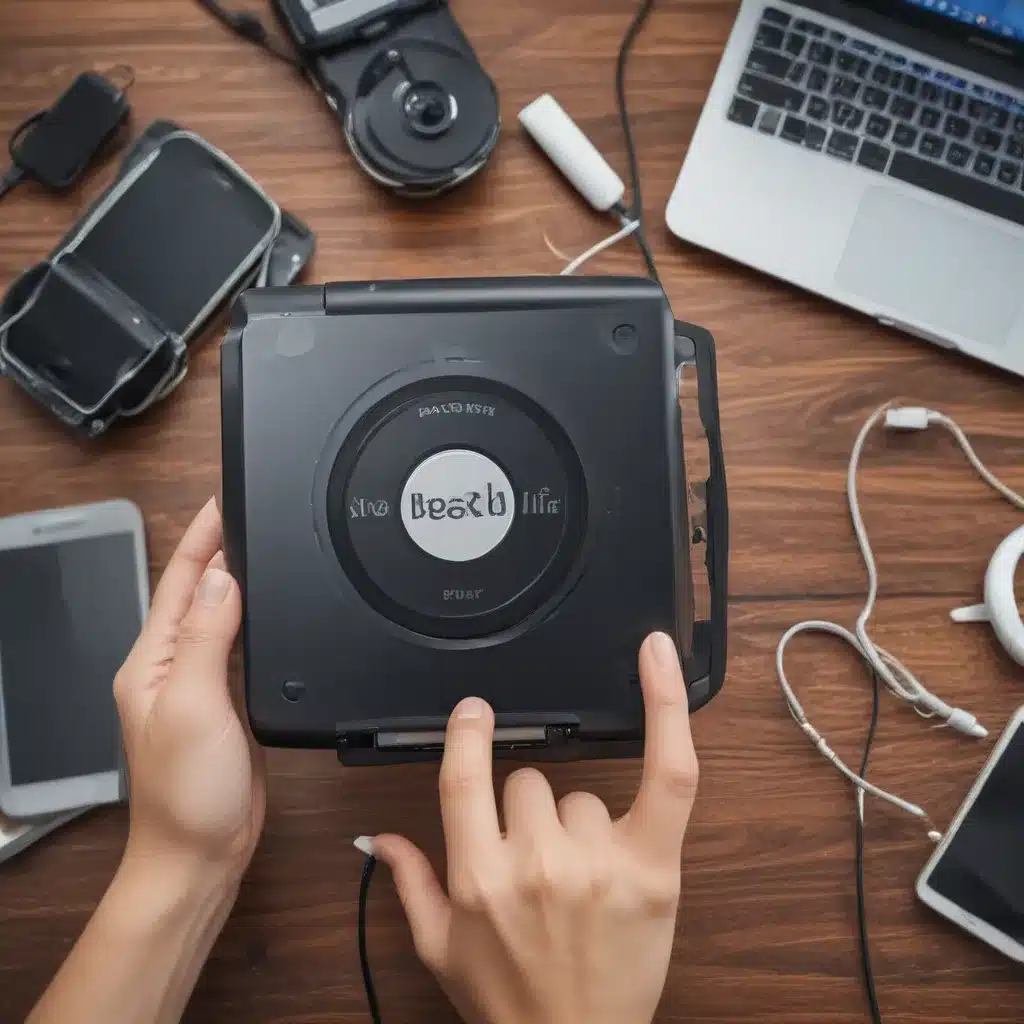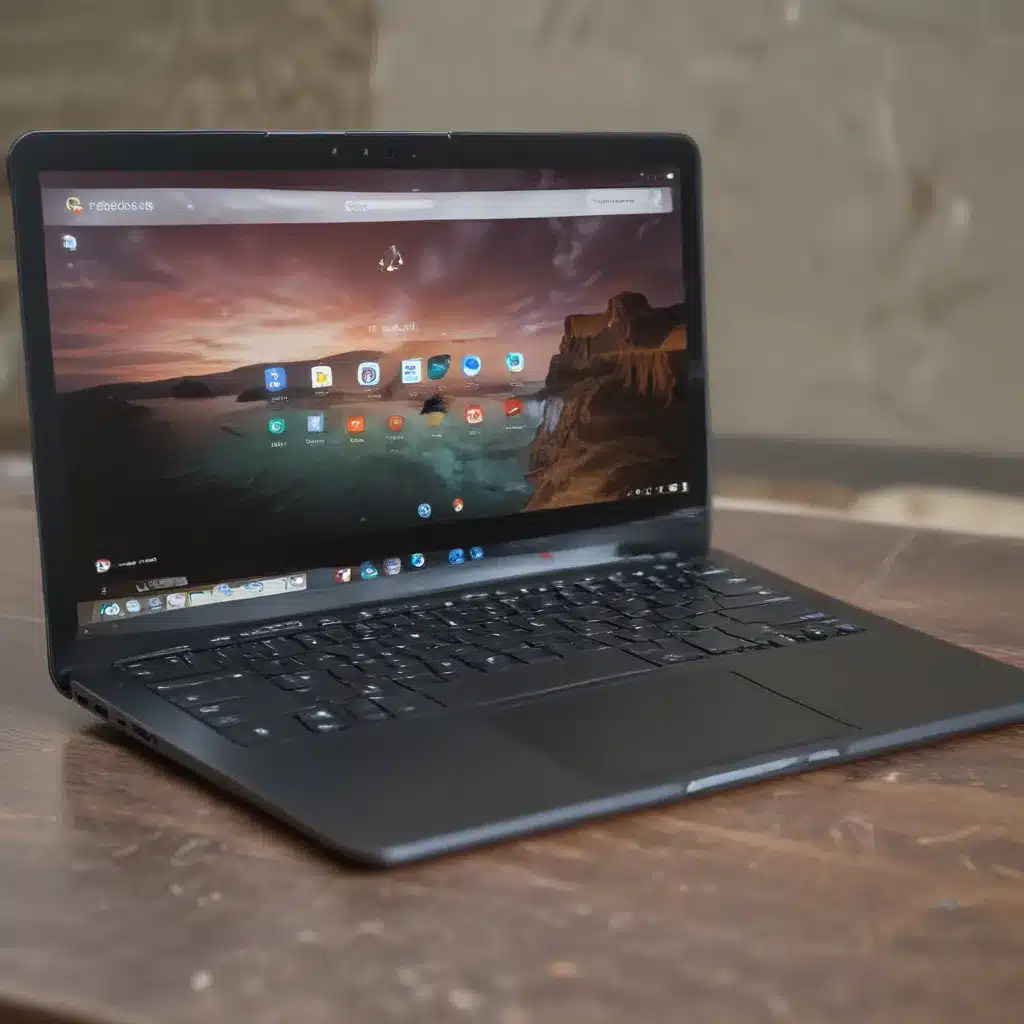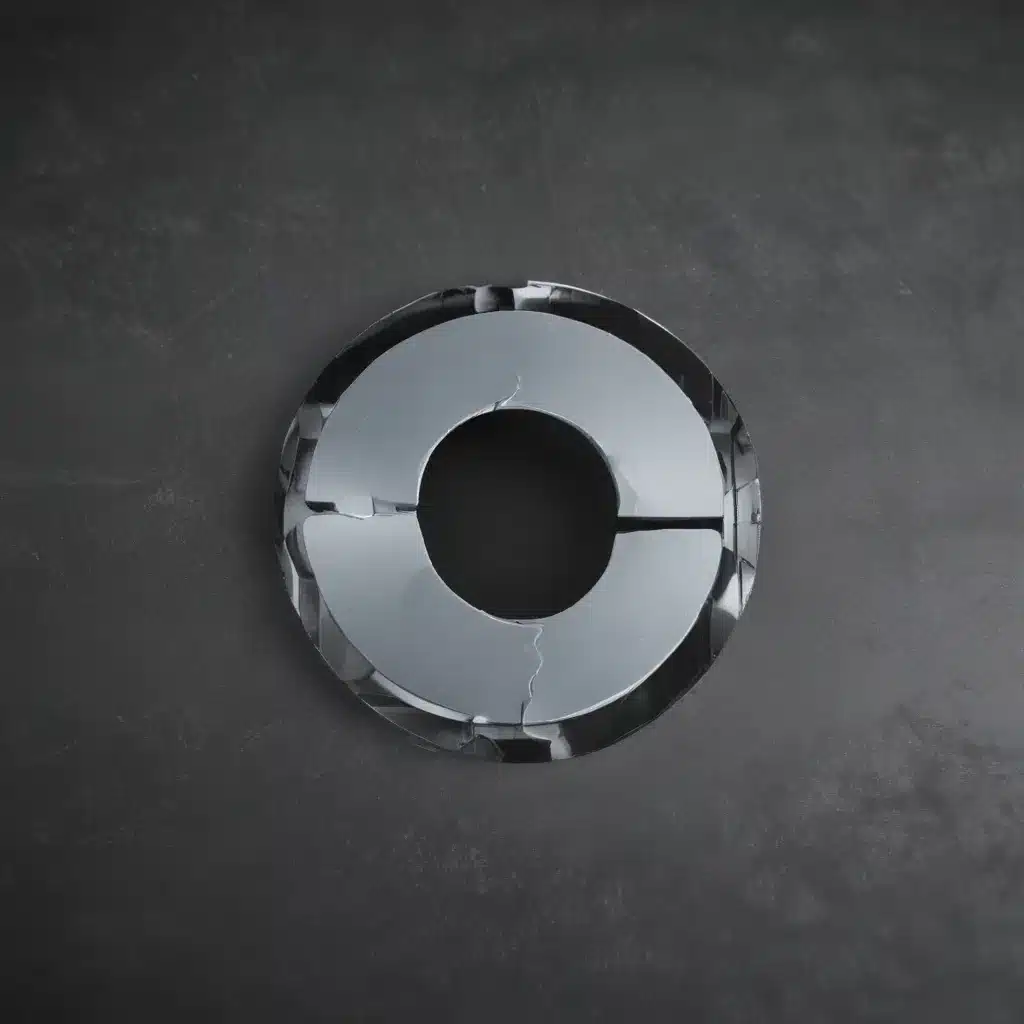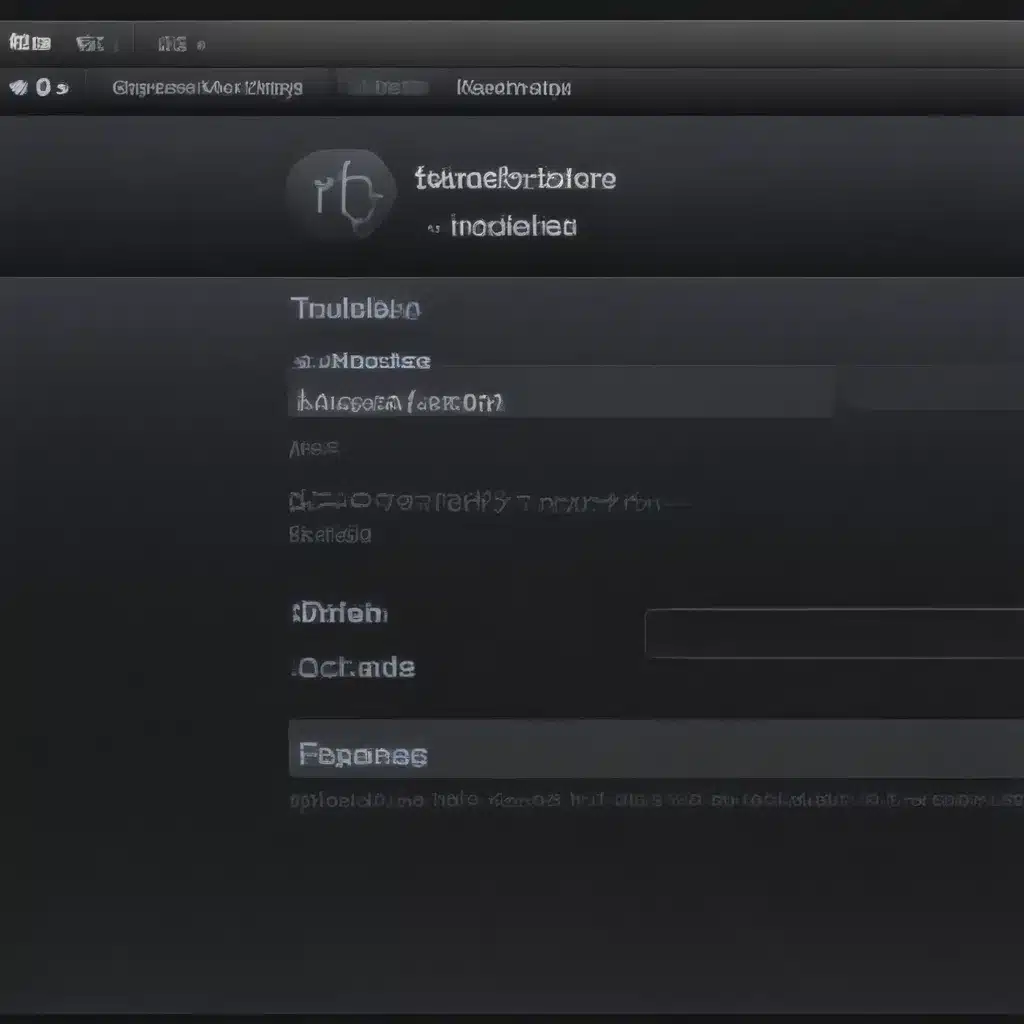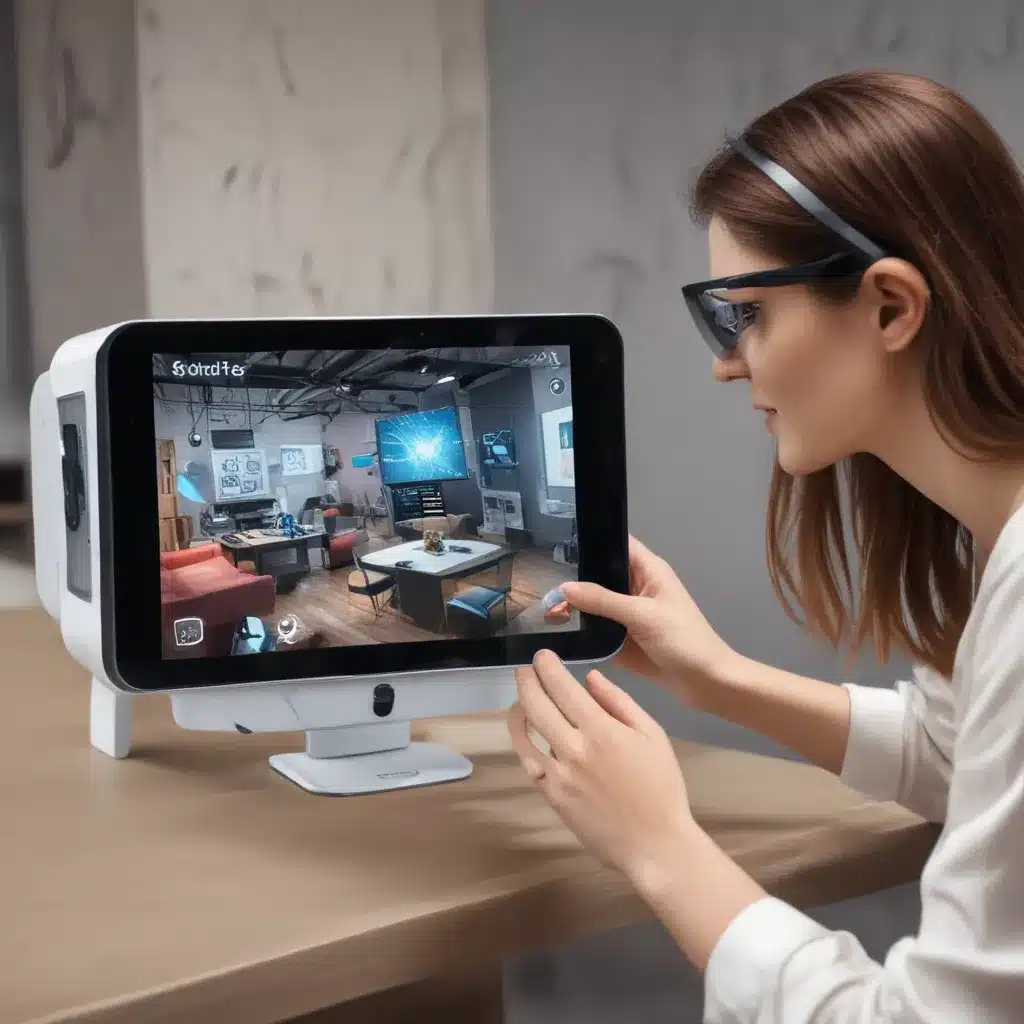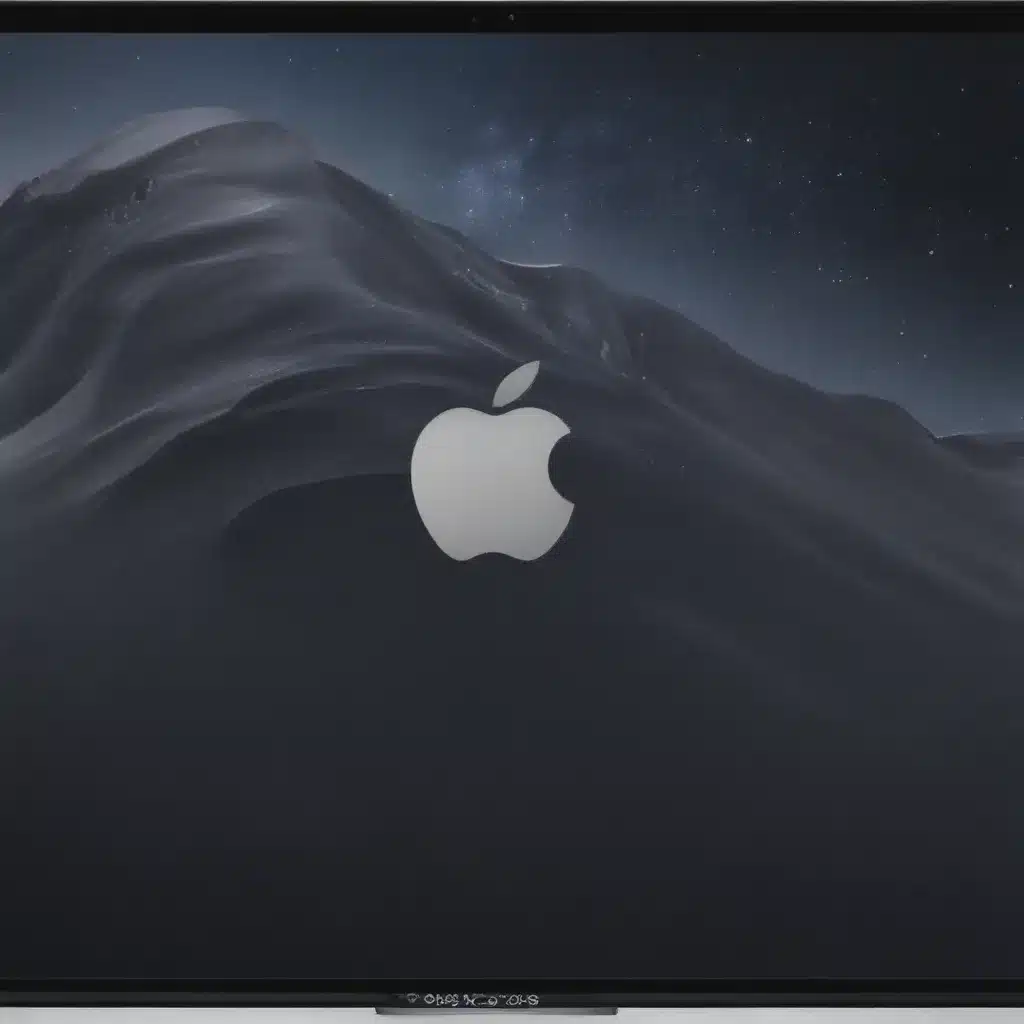Losing My Devices, Finding My Digital Life
“We got robbed.” I opened my eyes in a daze, wondering if I had heard my friend correctly. Was this just a dream? Nope, the harsh reality hit me as I looked around – my backpack, which was right next to my head, was gone. It contained my MacBook Pro, GoPro, and more. I frantically dashed upstairs, only to find that 3 of my friends’ backpacks had been stolen too. A picturesque weekend in Punta del Diablo, a small beach town in Uruguay, ruined by a bold thief who broke in through our AirBnB window while we were sleeping. Well, fck. Or more like… we just got fcked. #blessed 😡
This wasn’t my first time dealing with a lost, stolen, or broken device. I’ve lost my iPhone during drunk karaoke. I’ve had random hard drive crashes where I lost all my data. Every one of these events reminded me that our digital lives and devices are more important than ever. Despite this, the vast majority of people still don’t do anything to protect themselves until it’s too late. It’s not the end of the world, but it’s certainly a huge pain in the ass.
On the bright side, these fateful events inspired me to take a lot of preventative measures, which I’m sharing with you today. Do the things in this guide now and your future self will thank you. [1]
Securing Your Digital Life
Your digital life is on cruise control with Gmail, Facebook, Instagram, and the like all set up. You access these on your prized laptop, smartphone, and other devices. The first few sections will provide tips on how to lower the probability of having these areas compromised while on the go. Some obvious and not so obvious.
Passwords and Two-Factor Authentication
It’s possible for hackers to call into companies, pretend it’s you, and gain account access because your password hint answer is too easy (called social engineering). You can still use an obvious answer, but throw in a curve ball here and there like a random word or switching letters for numbers. [2]
Two-factor authentication (2FA) is a step after username/password that asks for another piece of information only you should know. The most commonly known method is a 4 digit code texted to your mobile phone. While a bit annoying, enabling 2FA (especially on critical services like email) significantly reduces the chances of unwanted account access. [1]
There are two popular types of 2FA today: Google Authenticator (GA) is the better option since you probably won’t have access to your phone number while traveling internationally. SMS is also worse because it’s vulnerable to the social engineering problem of a hacker taking your phone number by calling into the phone company and pretending to be you. Authy is a great app I use that aggregates GA compatible accounts into one place. [1]
Unfortunately, not all services support GA. For those that don’t, you’re still better off using SMS. If you’re traveling internationally and don’t have access to your main phone number for receiving SMS, I recommend signing up for a VoIP phone service like Google Voice so you can still receive 2FA codes abroad with just internet. While less secure, it’s still better than no 2FA. [1]
Public WiFi and Network Security
Make sure the data you’re transmitting or saving on your hard drive can’t easily be compromised and viewed by others. For wifi in public areas like airports or cafes, it’s very easy for someone to steal passwords. Wireless routers are often easy to hack too because they all use the same administrative account info coming from the factory (i.e., username: admin, no password). Setting a strong password is all for naught if someone just steals it when you’re careless on public wifi. [1]
Minimizing the Impact of Lost or Stolen Devices
I’ve both lost my devices and had them stolen, so here are some products I’ve bought to help prevent both.
Tracking and Recovery
If you lost your device and think you have good karma (who knows, might be your lucky day), enable your device’s built in tracking software, which all major platforms have today. There’s also well made tracking software made by third parties. Use small Bluetooth trackers. I use and like Tile, which recently released a smaller, slimmer version which I need to try. Its “world’s largest lost and found” feature is also very cool, letting anyone else with a Tile look for your lost item (especially helpful in populated, urban areas). [1]
Backup, Backup, Backup
Backing up your data is pretty common today, but a lot of people still don’t. If you travel, it’s doubly important. By diligently backing up your data, losing a device ends up only being a matter of time and money and not any of the despair from losing important files like photos and documents (which can be catastrophic depending on what you do). [1]
Thankfully I was diligent about this and was back up and running within 24 hours after replacing my stolen MacBook in Uruguay. For my MacBook, I do a weekly Time Machine back up to an external hard drive. It’s pretty manual since I have to separately connect an external hard drive, but I keep them separate on purpose so if my MacBook is lost or stolen I know I still have my back up elsewhere (no single point of failure). [1]
Also, you may be wondering why I have a physical back up when I already use services like Dropbox. The benefit of a Time Machine backup over Dropbox is that Time Machine saves all of my system settings like the applications I’ve installed to the speed of my mouse cursor. This way, if I lose my MacBook I can basically buy a new one, plug in the hard drive, and have it be restored to exactly what my previous MacBook was like. This is how I was up and running so quickly after being robbed. External hard drives today are relatively cheap too for the amount of space you get so there’s little reason to not get one. [1]
Insurance for Devices
Limit the financial hit of losing a device. If you have the money, I think the peace of mind insurance offers is worth it. Many credit card networks, such as Visa or AMEX, often cover theft and damage within 45 to 120 days of the purchase date. Here’s a breakdown. Check what your card offers. Always get a police report or something in writing if a device is lost or stolen as most insurance providers ask for it. [1]
I wish I had done these all before that night in Uruguay, but so is life. My hope is that my experiences go on to be helpful for others to avoid the same fate. 😀 If you enjoyed this post, check out my new app Wanderium – it’s filled with similar travel pro tips on the best gear, apps, and gotchas… but more. Like a lot more. Like so many your brain will explode. Okay actually not that many. You get the idea. [1]
| Service | Backup Type | Pros | Cons |
|---|---|---|---|
| Time Machine | Physical External Hard Drive | – Saves all system settings – No single point of failure |
– Manual process to connect drive |
| Dropbox | Cloud Storage | – Automatic backups – Accessible from anywhere |
– Doesn’t backup system settings |
| Google Drive | Cloud Storage | – Automatic backups – Integrates with G Suite |
– Potential privacy concerns |
| OneDrive | Cloud Storage | – Automatic backups – Integrated with Windows |
– Limited free storage |
Conclusion
I’ve learned the hard way that our digital lives and devices are more important than ever. From getting robbed in Uruguay to random hard drive crashes, I’ve experienced it all. But these fateful events also inspired me to take proactive measures to secure and backup my digital life.
By using strong passwords, enabling two-factor authentication, and regularly backing up my data, I’m now better prepared to weather any storm. And you can be too. Implement the tips and strategies I’ve outlined in this article, and your future self will thank you when disaster strikes. Don’t wait until it’s too late – start backing up your digital life today.
References:
[1] Jono Lee. “Securing Your Digital Life While Traveling, aka How to Not Get F*cked.” Medium, 22 Feb 2019, https://medium.com/go-remote/securing-your-digital-life-while-traveling-aka-how-to-not-get-f-cked-850da8b7e0ec.
[2] “How to backup files to Dropbox but ONLY new files that I will create?” Dropbox Community, 17 Feb 2022, https://www.dropboxforum.com/t5/Apps-and-Installations/How-to-backup-files-to-Dropbox-but-ONLY-new-files-that-I-will/td-p/762096.

